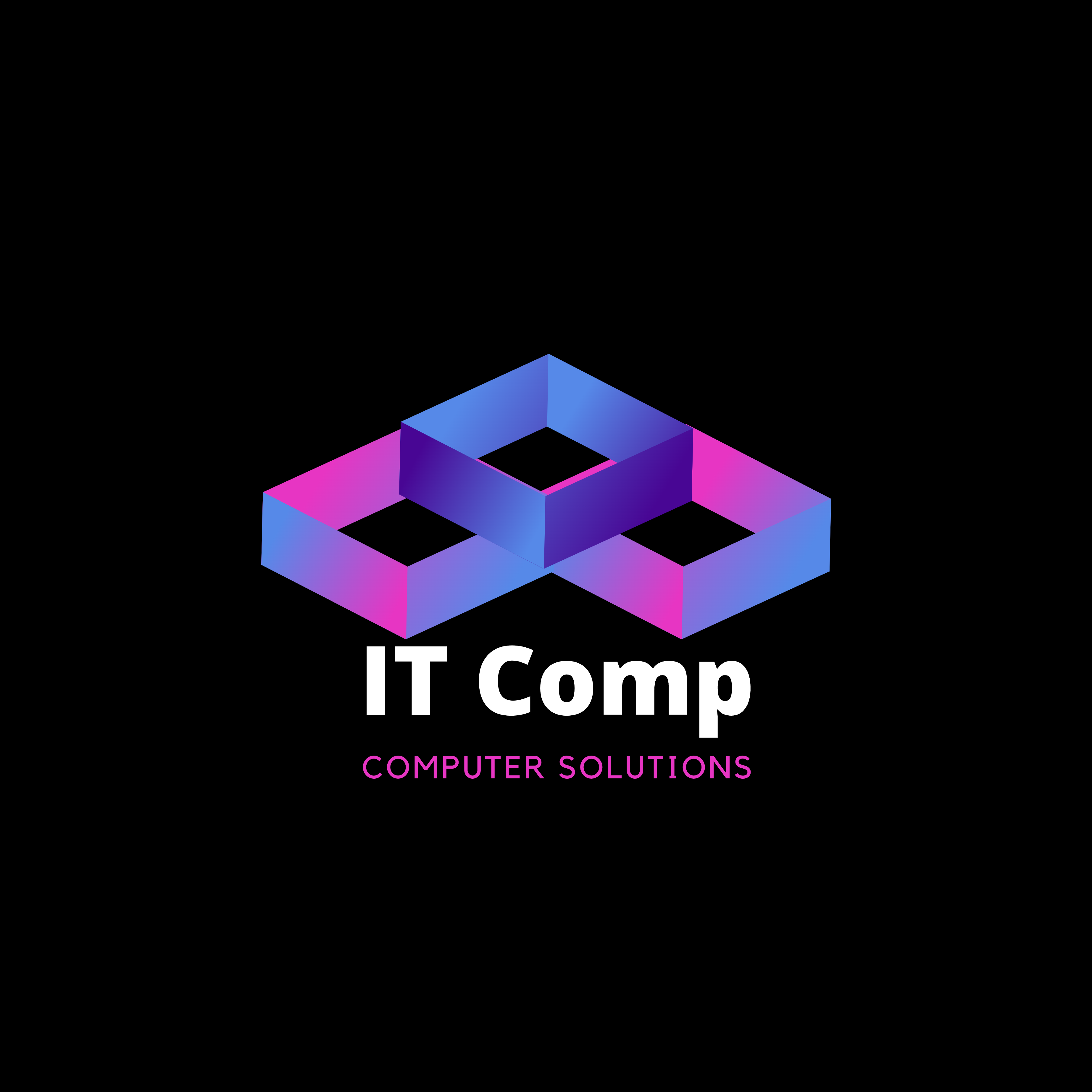The Future of Data Storage: Exploring the Potential of Blockchain
As technology continues to evolve at an unprecedented pace, the need for efficient and secure data storage has become increasingly crucial. Traditional data storage methods, such as hard drives and centralized servers, have limitations in terms of security, accessibility, and cost-effectiveness. However, the emergence of blockchain technology has opened up new possibilities for the future of data storage.
Blockchain, most commonly associated with cryptocurrency, is a distributed ledger technology that allows for the transparent and secure recording of transactions. This technology is built upon a network of computers, known as nodes, that work together to maintain and validate the integrity of the data stored within the blockchain. Blockchain’s decentralized nature eliminates the need for intermediaries, making it highly resistant to hacking or data manipulation.
When it comes to data storage, blockchain has the potential to revolutionize the way information is stored, shared, and accessed. One of the key advantages of blockchain is its immutability – once data is recorded and validated by the network, it cannot be altered or deleted. This feature ensures data integrity, making blockchain an ideal solution for critical information that needs to be tamper-proof, such as financial records, medical records, or legal documents.
Moreover, blockchain provides enhanced security by encrypting data across the entire chain, making it virtually impossible for unauthorized individuals to access or modify information. This is particularly relevant in an age where cybersecurity threats are a constant concern, as blockchain can greatly mitigate the risk of data breaches and hacks.
In addition to security, blockchain offers improved accessibility and cost-effectiveness. With traditional data storage methods, accessing and retrieving information often involves multiple layers of authorization and fees. Blockchain eliminates these barriers by allowing for decentralized access, meaning that authorized individuals can access information directly from the blockchain without third-party intermediaries. This streamlines the process and reduces costs associated with traditional data storage methods.
The potential of blockchain in the realm of data storage has attracted the attention of various industries, including finance, healthcare, and logistics. For instance, banks are exploring the use of blockchain to securely store and manage customer transactions, eliminating the need for traditional centralized databases vulnerable to cyber attacks. Similarly, healthcare providers are looking into utilizing blockchain for storing and sharing medical records, ensuring patient privacy and data accuracy.
Ultimately, while the adoption of blockchain as a mainstream data storage solution is still in its early stages, the potential is promising. As organizations strive to find secure and efficient ways to store and manage their data, blockchain presents a viable solution that combines transparency, security, accessibility, and cost-effectiveness.
In conclusion, the future of data storage lies in exploring the potential of blockchain. Its immutable nature, enhanced security, and decentralized accessibility make blockchain an attractive option for various industries. As technology continues to advance, it is essential for organizations to consider the benefits of blockchain when searching for computer repair near me data storage solutions.
************
Want to get more details?
ITCOMP Support
https://www.itcomp.us/
239-360-1183
Computer Repair and Tech Solutions services

